Adafruit Squeezes the Power of the RP2040 Into a USB key
It does much more than store files
Adafruit has a lot of love for Raspberry Pi RP2040 SoC. Adafruit are partners in the RP2040, and have already released a slew of boards based on the powerful SoC. For the latest prototype, presented via Twitter we see Adafruit founder Limor "Lady Ada" Fried demonstrate the QT 2040 Trinkey, a board that moves away from the Feather, ItsyBitsy and QT Py form factors and place the RP2040 into a USB key sized device that offers a powerful and quick means to uses sensors and components via your laptop / desktop computer.
Trinkey RP2040 with QT connectorWe've wanted to have something that plugs into a USB A port and provides a QT port for a while. But since we want it to support any and all QT boards, we need more RAM and storage than the SAMD21 can provide. pic.twitter.com/My7p6ilshUMay 19, 2021
Adafruit's QT 2040 Trinkey is a "portmanteau", a blending of "trinket" and "USB key" that sees the RP2040 housed on a USB key but with none of the GPIO broken out for general use. We have the same dual core Arm Cortex M0+ running at upto 133 MHz, 264KB of SRAM and a 8MB QSPI flash.
The only inputs present on the board are two buttons for BOOTSEL, used to drop the board into firmware mode and a reset button. The BOOTSEL button pulls a double duty as a user programmable button, something that Pimoroni introduced with the Tiny 2040.
For outputs we have two options, the obligatory WS2812B NeoPixel and a Stemma QT connector compatible with Adafruit's Stemma QT range of add-ons, Pimoroni's Breakout Garden (some breakouts come with a connection, older breakouts need an adaptor), and SparkFun's Qwiic components. Components can be chained together to create complex projects as they use the I2C protocol for communication that features individual addresses for devices in the chain.
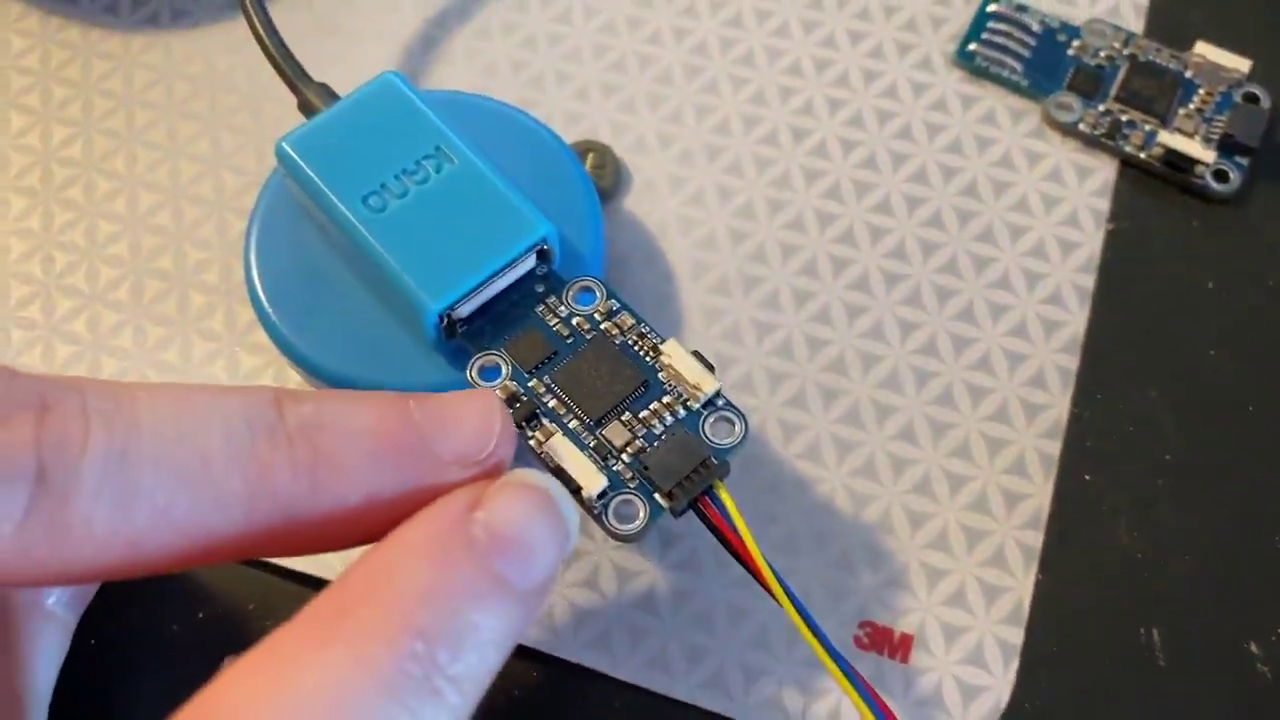
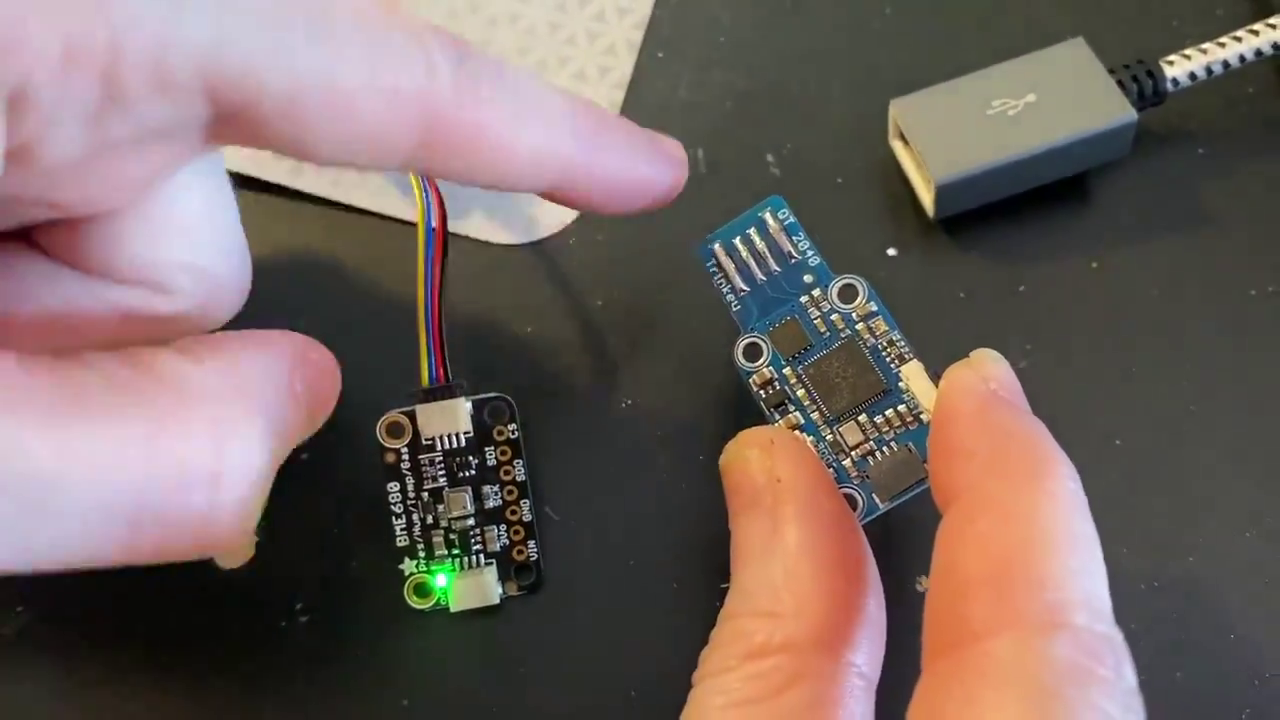
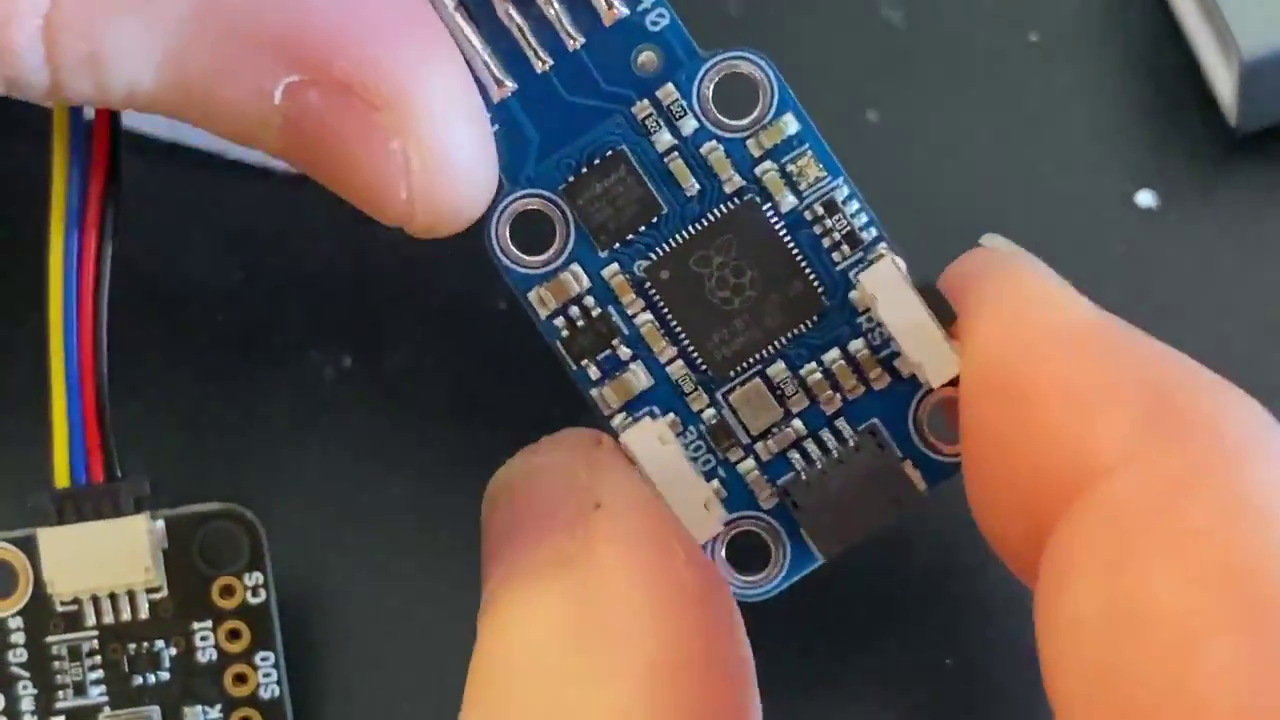
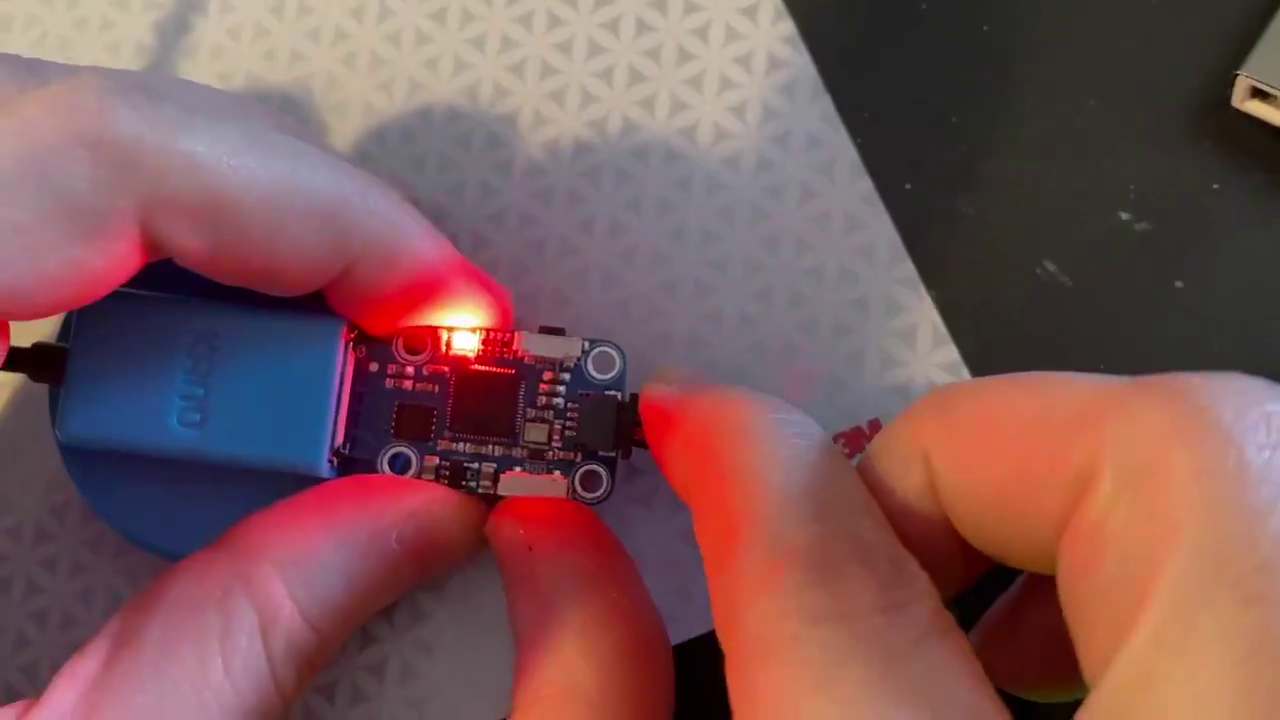
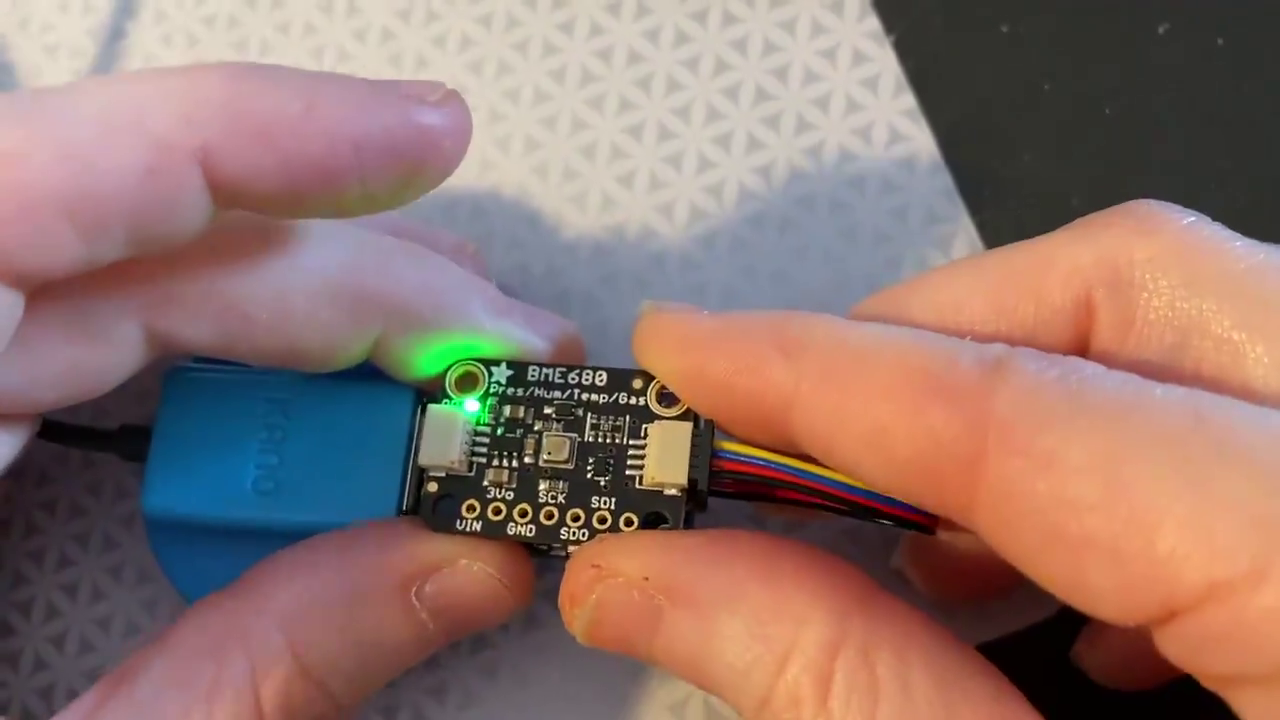
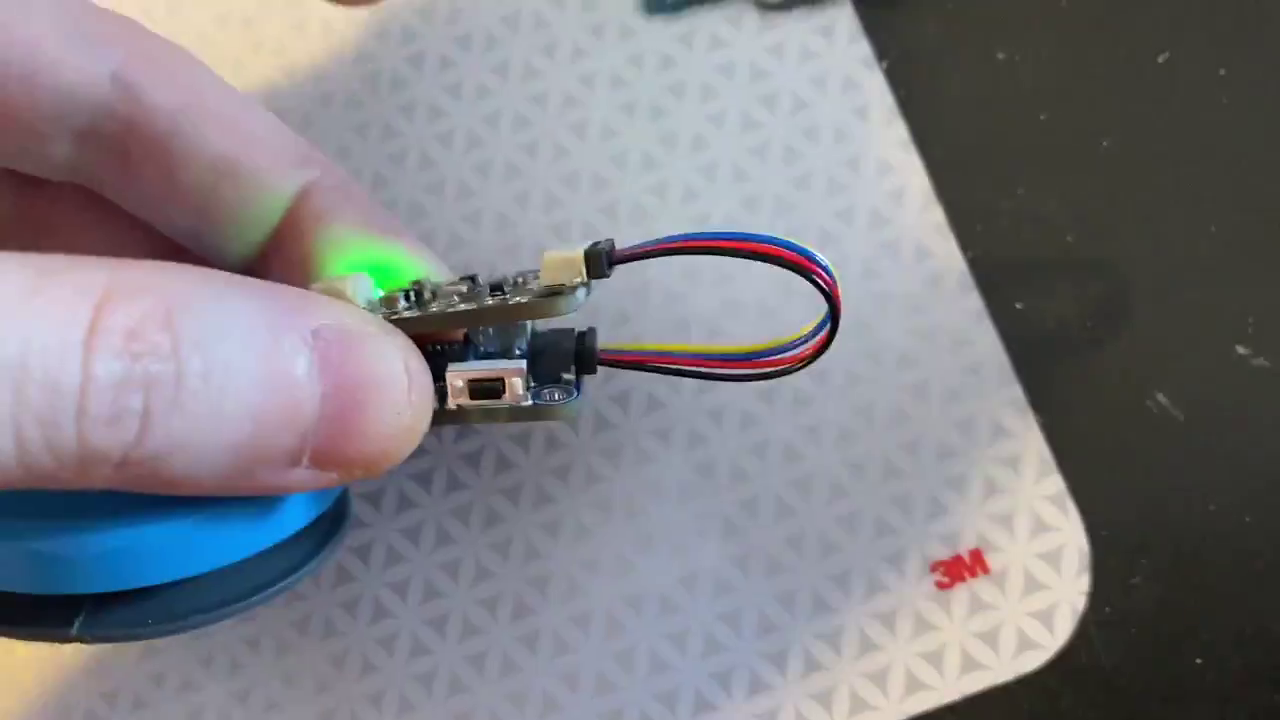
The QT 2040 Trinkey has the same basic layout as a Stemma QT components, such as the BME680 used in the video, can be mounted on top of the QT 2040 Trinkey for a neat form factor.
How much and when can we expect them? As this is still a prototype we can expect to wait around a month and pay something between the price of a QT Py RP2040 ($4) and the ItsyBitsy RP2040 ($10).
Get Tom's Hardware's best news and in-depth reviews, straight to your inbox.

Les Pounder is an associate editor at Tom's Hardware. He is a creative technologist and for seven years has created projects to educate and inspire minds both young and old. He has worked with the Raspberry Pi Foundation to write and deliver their teacher training program "Picademy".